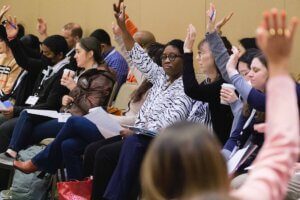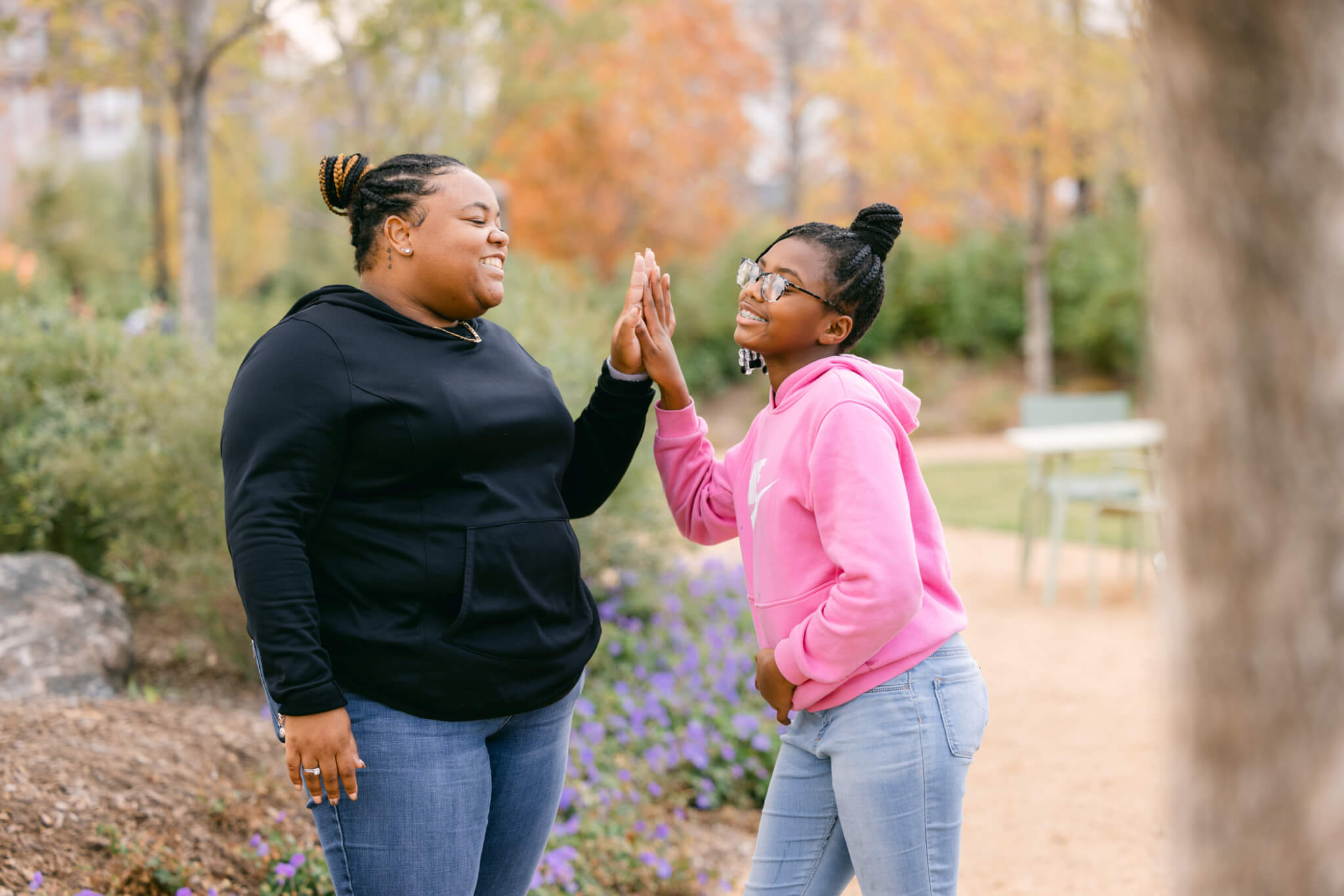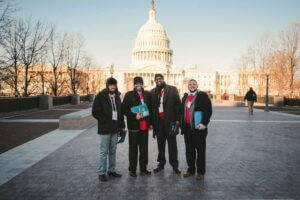Philanthropic Agenda on Social Capital
“Social capital is people’s access to, and ability to mobilize, human connections that might help them further their potential and their goals, especially as those goals emerge and inevitably shift over time. Put simply, networks have real value. Who you know shapes how you get by and get ahead.”
– Julia Freeland Fisher, Clayton Christensen Institute
The role of relationships in supporting positive outcomes for youth is powerful and well-documented. Less understood is what it takes to help young people build their social capital and how the philanthropic community can support this aim.
To help answer this question, MENTOR looked directly to the leaders who work with young people every day. We wanted to understand the needs and barriers they face in their mission to connect young people with mentors and caring adults and help young people mobilize those relationships to support their well-being and help them meet their potential. We also wanted to understand how funders are prioritizing and investing in these efforts, and where there’s more work to be done.
This report is the result of an expansive Participatory Action Research (PAR) process that identified gaps and outlined recommendations for future investments to advance relationships and expand social capital for young people. It explores the questions:
- What are the most under-resourced and overlooked opportunities that show significant promise for increasing social capital for youth?
- What types of investments and additional resources would be needed to turn these opportunities into reality, and how should we measure success?
Want to learn more? Contact Julie Mahan, Senior Director of Development, at jmahan@mentoring.org.
MENTOR is grateful to American Student Assistance for their generous support of this work and extraordinary commitment to advancing support and opportunity for youth across the US.

Participatory Action Research Process
Participatory Action Research is centered on the belief that the people who are closest to the issue being researched should be the ones designing the questions, plans, methods, and analysis of the research. MENTOR has selected fourteen mentoring and youth-development leaders to conduct the research and serve as the Catalysts for Change Team. As part of this process, the Catalysts for Change team is collecting information and data through surveys, interviews, and focus groups from fellow mentoring program and youth-serving leaders, funders, youth, and other partners.
Catalysts for Change Team:

Ameen Akbar

Bianca Myrick

Chris Hultquist

David Baker

Florence Parks

Gabriela Edon

Isabel Argoti

Jamal Stroud

Jenna Berry

M. Michelle Derosier

Santina Fryer

Stephanie Deible

Tamice Spencer-Helms

Xavier Vazquez
More Resources on Social Capital
- Mentoring Mindset and Social Capital in Schools
- Social Capital Playbook (Christensen Institute)
- Defining and Measuring Social Capital for Young People (Search Institute)
- A Guide for Talking about Social Capital (Equitable Futures)


